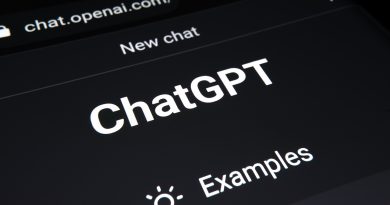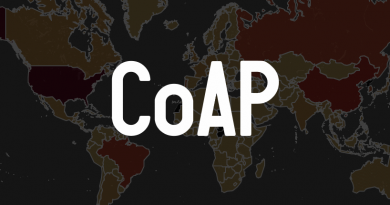Cambodia’s ISPs Hit By Massive DDoS Attacks
Several of Cambodia’s biggest internet service providers (ISPs) have been hit by large-scale DDoS attacks over the last few days, ZDNet has learned.
Users of EZECOM, SINET, Telcotech, and Digi, have confirmed difficulties in accessing online services all week, with the biggest problems being reported on Monday and Tuesday.
Local news outlets have called the DDoS attacks some of the biggest in the country’s history. According to sources familiar with the matter, DDoS attacks totaling nearly 150Gbps have hit Cambodian ISPs on Monday.
The downtime caused by the attacks have lasted for as much as half a day, and internet access speeds have been slow all week, as smaller-sized DDoS attacks have continued to hit ISPs.
With such glaring issues affecting internet connectivity all over the country, SINET issued a press release on Monday apologizing for the technical problems.
EZECOM issued a similar presser, but the irony wasn’t lost on some users, who were quick to point out that EZECOM, a company that provides DDoS mitigation services, wasn’t able to safeguard its infrastructure by itself and needed to bring in outside specialists.
The DDoS attacks on Cambodian ISPs were also glaringly visible in internet traffic charts, with big connectivity dips and latency spikes being noticeable right away.
 Image: Oracle Internet Intelligence
Image: Oracle Internet Intelligence
The reasons and motivations for the attacks are unclear. There is currently no political or civil unrest in the country, the ISPs have not reported ransom demands, and no chatter has been observed on social media regarding any hacktivist campaigns.
One scenario may be inter-ISP sabotage, but this is only a theory based on previous happenings.
In a similar incident, a notorious DDoS botnet had targeted and taken down some of Liberia’s internet service providers in November 2016. Those attacks, estimated at roughly 500Gbps, were carried out by a UK teen who went online by the hacker pseudonym of BestBuy, and who later admitted in a German court to have carried out the DDoS attack after he was paid $10,000 by a Liberian ISP to take down its competitors.
Related coverage:
READ MORE HERE



